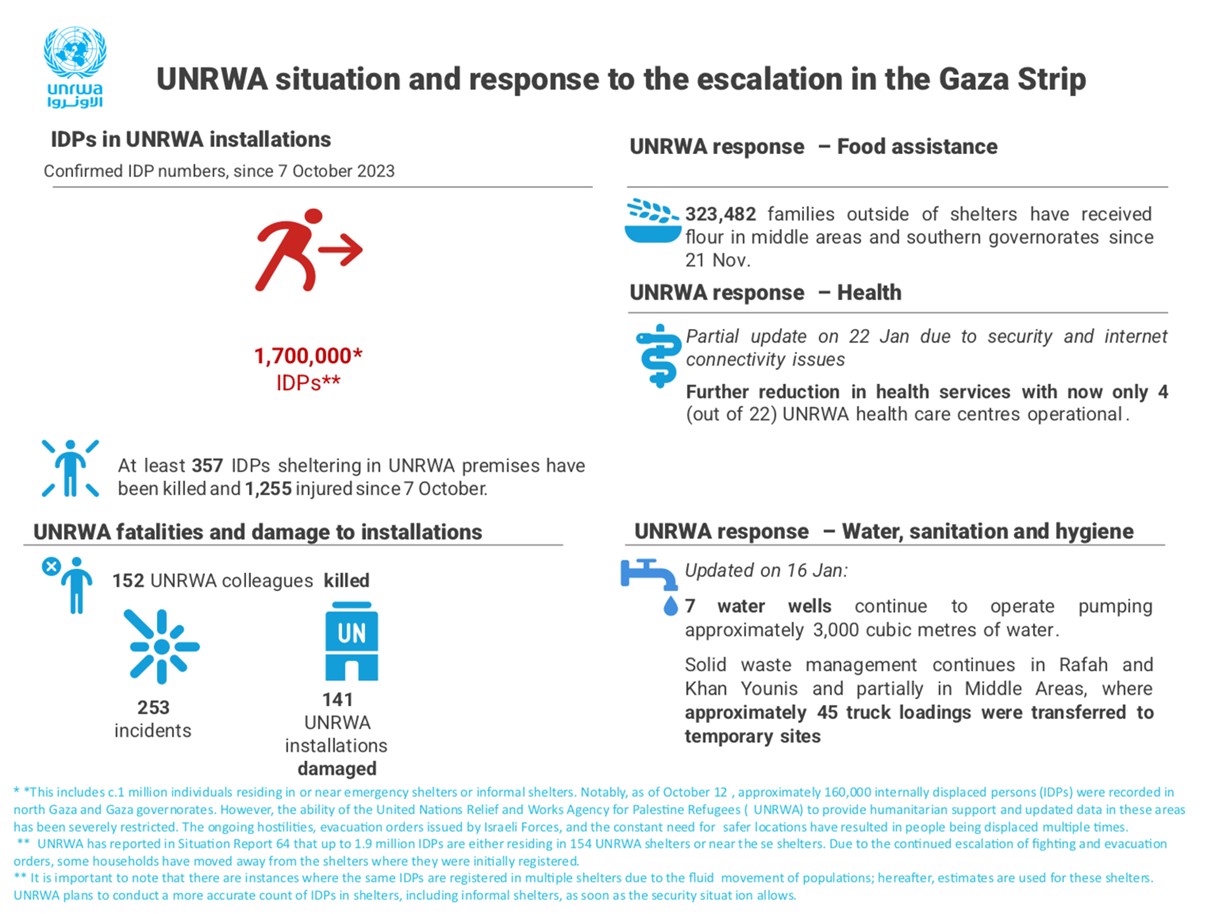As someone who lives a very comfortable life in the imperial core I was thinking about this - what would my life look if forced to reduce consumption/increase production by 50%?
I think you could drastically reduce consumption by merely re-ordering american life in certain ways - i.e replacing car dependent city planning with public transit centered alternatives (this alone removes the necessity of car ownership for most people, or reduces the 2-3 cars/family thing you see in the suburbs). fostering/creating "community", so that our "free time" isn't colonized by increasing commercialization where we must consume in every waking moment (think watching netflix, scrolling tiktok, online shopping, etc, Very much Critique of everyday life a la Lefebre). Reordering production such that "unproductive" sectors like marketing or finance (my own career lol) are filtered into productive ones, etc.
I think a combination of these things could easily result in a reduction of 25-30%. What's crazy about these statistics is that equality would require an additional reduction of 20-25%. I imagine accomplishing the first part would put US consumption at the level of a less-consuming EU state, but even those states consume at rates higher than the global south. It's wild to think about














I love how our foreign policy is never mentioned when talking about immigration. 7.7m Venezuelans have left Venezuela since the sanctions under the trump admin. Want to reduce the number of asylum seekers? Lift the sanctions